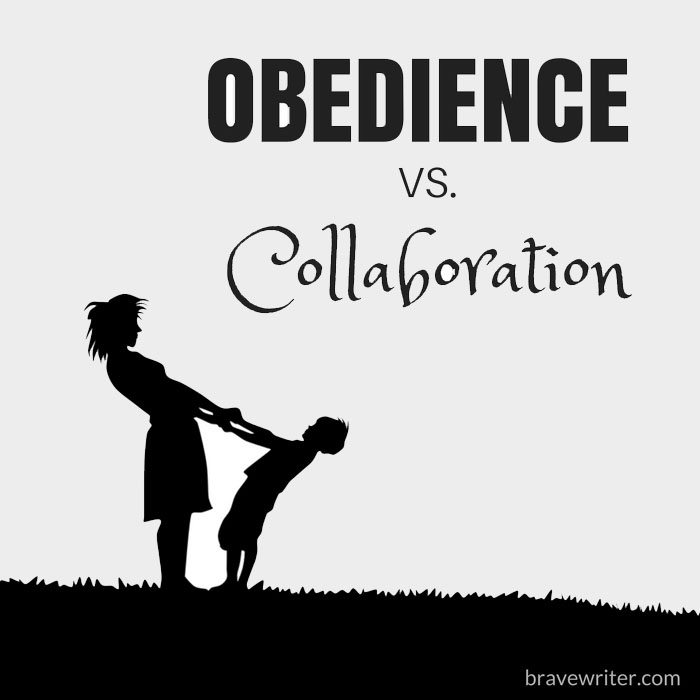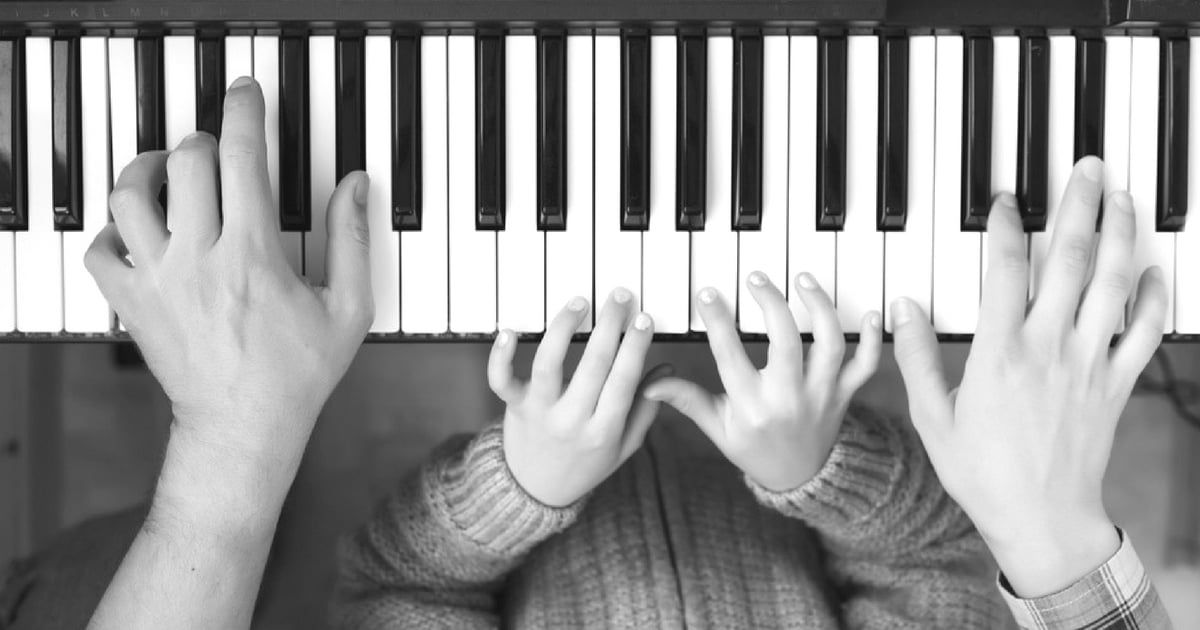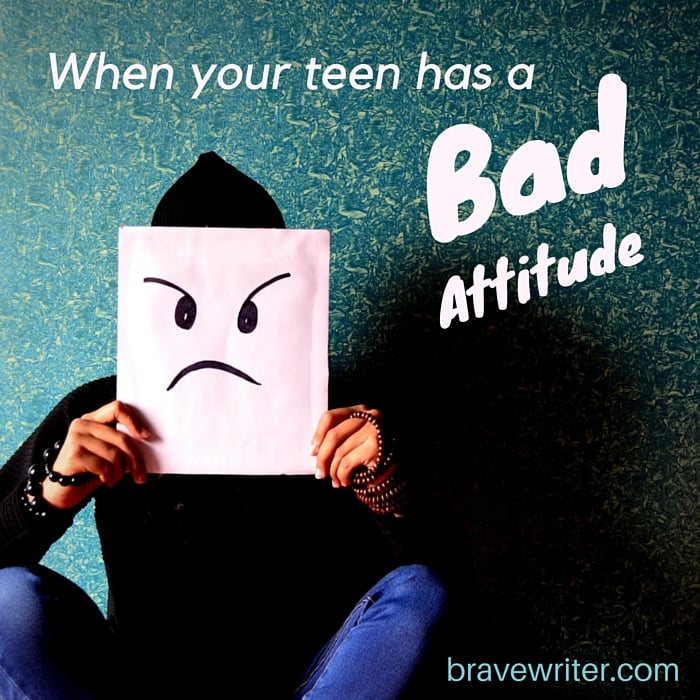
In all our fretting over how to raise kind, respectful children, the temptation is to double down on discipline—to require “instant obedience.” Even our dearly beloved Charlotte Mason talks about obedience as a core value in child-rearing, saying that a child who obeys promptly is a joy to his mother!
And indeed, if all those little rascals would just do what I ask when I ask it I would feel waves of joy—explosions of glee, wouldn’t you?
Most obedience systems rely on some kind of punishment to enforce them—be it, time outs or spanking or withholding of privileges (or even withholding smiles—I read that once!).
Charlotte puts a huge priority first on children being known as persons—respected for their current completeness (not immature adults in need of maturity before they deserve full respect). When she talks about a mother giving a command, Charlotte assumes that the parent has already given a child a chance to grow in a habit that takes into account the child’s current developmental stage. In other words, Charlotte believes in practicing a habit before expecting it to operate effectively.
Shared Goals
Today, we call this interaction with children “collaboration.” Collaboration is the value that says:
“Together, we will secure a healthy, respectful relationship
while developing habits that help us meet our goals.”
Those goals are shared, not imposed.
Obedience is too often a synonym for “coercion” rather than “glad cooperation.”
Collaboration, as a value, allows us to take into account the child as person, and our unique vantage point as parents. We can first get to know what the child needs, address that need, and then work to create the conditions of partnership to achieve our goals.

It might look something like this:
On occasion, I need to go to Target. Often, my kids are playing video games when it’s time to leave. I’ve recognized that this is a challenging transition for my kids. So I talk to them about how sometimes they will be interrupted based on my need over theirs. I’ve asked them how we can make the transition smooth, and we decided together that a five minute warning would help.
So we practice (no Target shopping trip about to occur). I give a fake five minute warning and we find out if it is possible to wind up games in 5 minutes. Kids give their input. “Yep, that was plenty” or “No, I need 15 minutes of warning.” More practice.
When the real Target-trip-moment comes, instead of expecting the kids to hop up and put away their games the moment I’m ready to leave, I follow our solution: “In fifteen minutes, we’ll need to go. Now is a good time to get to a stopping place on your game.”
Usually when you’ve taken the time to be respectful of your children’s needs, they are much more willing to respect yours. It’s a dialogue, it is not solved once and for all, and it doesn’t mean perfect cooperation at all times. What collaboration provides is a two-way street—everyone aware that their behaviors impact others both adversely and positively. Negotiating how to sustain the positive is the goal.
Respect for personhood is essential.
Just because the situation seems easy for me to solve with one idea doesn’t mean that idea works for everyone. Collaboration requires a tolerance for views that interfere with our own best ideas about the subject.
In a writing-editing relationship, we’ve found this to be profoundly true. You get the most writing from a child whose writing voice and ideas are respected and valued. Over time, as the child practices writing about what he or she values and has the pride and love of a parent, a time comes when a parent can ask for writing related to a subject that is important to the parent’s educational objectives for the child…and the child will be willing to comply.
Collaboration in other areas of life builds trust and cooperation that facilitates learning in others. Collaboration leads to the “peace” that Charlotte promised. In fact, in trusting respectful relationships, kids do sometimes simply hop right up when you call them and that experience really IS pleasing to the mother.

























